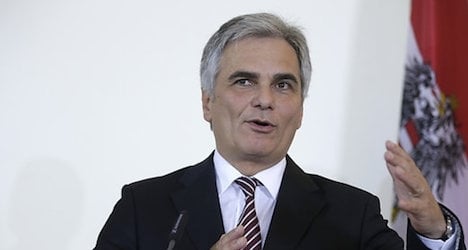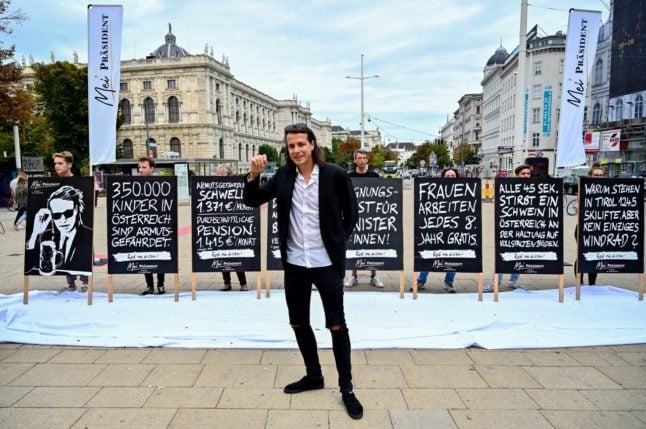Austrian Chancellor Werner Faymann has called for a peaceful solution to the Ukraine crisis during a ceremony marking the beginning of World War I a hundred years ago. Faymann was speaking in Kortrijk in Belgium on Thursday evening. "Deescalation, negotiations, not pouring oil into the fire," that was already a mission, he said.
The First World War, and then the consequences leading up to the Second World War, and the inter-war period with the giant financial crisis of the 1930s were the proof that conflicts "could not be solved with violence, not be solved with nationalism," said Faymann.
The European Union still needed to prove to a lot of people that it was a long-term peace project, said Faymann. This often took a lot of convincing, which was why it was important to have historical commemoration days.



 Please whitelist us to continue reading.
Please whitelist us to continue reading.
Member comments